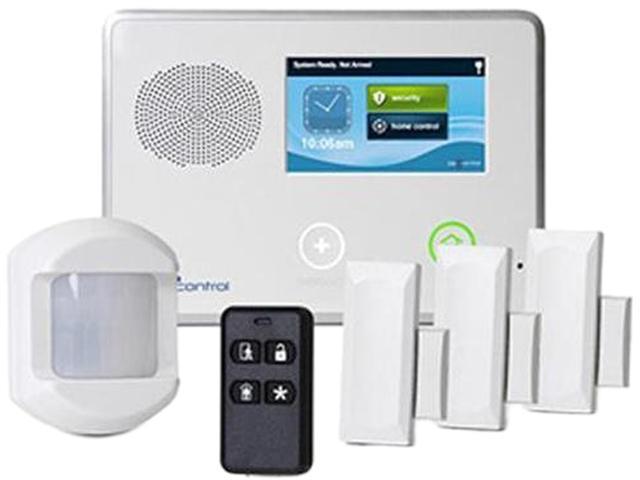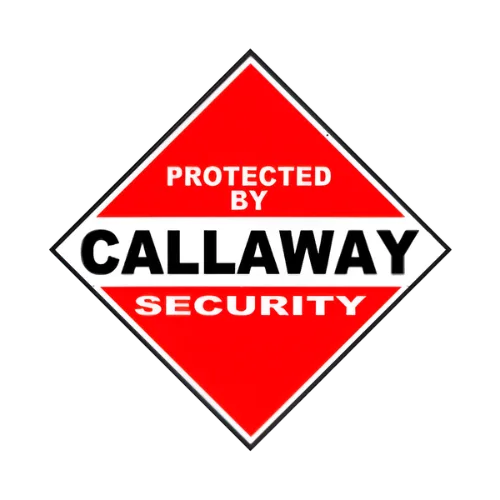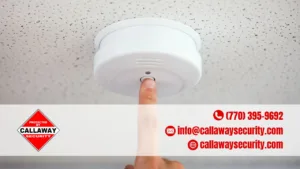On a security system, the term “AC” refers to alternating current power, which is the primary source of energy for the system. Understanding what “AC” means is crucial for ensuring your home security system operates smoothly and effectively.
In a security system, “AC” commonly stands for “AC Power” or “AC Loss.” These terms are vital to the functioning of the system, as they indicate the status of the system’s power source. Whether you’re a homeowner or a business owner, knowing what “AC” signifies can help you maintain the security of your property. In this blog post, we’ll explore the meaning of “AC” on a security system, how it impacts the system’s operation, and what to do when you encounter “AC Loss.”
Key Takeaways:
- “AC” means alternating current power, the primary energy source for security systems.
- “AC Loss” indicates that the system has lost its AC power and is now running on backup battery power.
- Common causes of “AC Loss” include power outages, unplugged transformers, and wiring issues.
- Restoring AC power is essential to keep the security system operational.
What Does “AC” Mean on a Security System?
AC Power: The Main Power Source
Security systems rely on AC power as their primary source of energy. AC power is delivered through a plug-in transformer that converts high-voltage AC power from the wall outlet into low-voltage AC power that the security system can utilize. As long as the system has access to AC power, it will display “AC” on the keypad or control panel.
- AC power is essential for the continuous operation of the security system.
- The transformer ensures that the system receives the correct voltage to function properly.
- The presence of “AC” on the keypad confirms that the system is powered by the primary energy source.
How AC Power Works in Security Systems
Our security systems are designed to tap into the home’s electrical grid through a transformer. This clever device takes the high-voltage AC from our wall outlets and converts it into a lower voltage that’s safe for our security equipment to use. When everything’s working as it should, we’ll see an “AC” indicator on our control panel, giving us peace of mind that our system is fully powered and ready to protect our home.
The Importance of Consistent AC Power
Maintaining a steady AC power supply is crucial for the uninterrupted operation of our security systems. When our alarms have a constant source of electricity, they can perform all their functions without hesitation. This includes monitoring sensors, communicating with the monitoring center, and sounding alarms if needed. A reliable AC connection ensures that our home remains protected around the clock.
AC Loss: What It Means
When a security system experiences AC Loss, it signifies that the system has lost its connection to AC power. In such cases, the system will automatically switch to its backup battery power. The term AC Loss will be displayed on the keypad or control panel, alerting the user to the issue.
- AC Loss indicates that the system is no longer receiving power from the transformer.
- The system relies on its backup battery during AC Loss, but this is only a temporary solution.
- Prolonged AC Loss can lead to the system shutting down once the backup battery is depleted.
Common Causes of AC Loss
Several factors can lead to AC Loss in a security system. Understanding these causes can help you quickly identify and resolve the issue.
Transformer Unplugged from Outlet
One of the most common causes of AC Loss is an unplugged transformer. If the transformer is not securely connected to the wall outlet, the security system will lose its primary power source and display AC Loss.
- Ensure the transformer is properly plugged in to avoid AC Loss.
- Regularly check the connection to prevent accidental unplugging.
Wiring Damage
Damaged wiring between the transformer and the control panel can also cause AC Loss. Over time, wires can become frayed or damaged due to wear and tear, leading to a loss of power.
- Inspect the wiring regularly to ensure it is in good condition.
- Replace any damaged wires immediately to restore AC power.
Power Outage
A power outage in your building or area will result in AC Loss for your security system. During an outage, the system will switch to backup battery power until AC power is restored.
- Be aware of any scheduled power outages in your area.
- Consider installing a backup generator to keep your system running during extended outages.
Incorrect Transformer Usage
Using an incorrect transformer that does not match the voltage requirements of your security system can cause AC Loss. The system may not receive the necessary power, leading to a loss of functionality.
- Always use the transformer provided with your security system.
- If you need to replace the transformer, ensure it matches the system’s specifications.
The Role of Backup Batteries
Thankfully, our security systems come prepared for AC power losses. When the main power goes out, backup batteries seamlessly take over. These batteries are designed to keep our system running for several hours, ensuring our home stays protected even during extended power outages.
FAQs About AC Power on Security Systems
What Should I Do If My Security System Displays “AC Loss”?
If your security system displays AC Loss, check the transformer to ensure it is plugged in correctly. If the transformer is plugged in, inspect the wiring for any damage. If you cannot identify the cause, contact a professional to diagnose and fix the issue.
How Long Will My Security System Run on Backup Battery Power During AC Loss?
The duration of backup battery power depends on the battery’s capacity and the system’s power consumption. Most systems can run on backup battery power for several hours, but it’s important to restore AC power as soon as possible to avoid a complete shutdown.
Can I Prevent AC Loss from Happening?
While some causes of AC Loss, like power outages, are beyond your control, you can take steps to minimize the risk. Regularly check the transformer connection, inspect the wiring, and use the correct transformer for your system. Additionally, consider using a backup generator to maintain power during outages.
Why Is AC Power Important for My Security System?
AC power is crucial because it is the primary energy source for your security system. Without AC power, the system must rely on its backup battery, which is a temporary solution. Prolonged AC Loss can compromise the system’s ability to protect your property.
What Happens If My Security System Loses Both AC Power and Backup Battery Power?
If your security system loses both AC power and backup battery power, it will shut down completely, leaving your property unprotected. To prevent this, restore AC power as quickly as possible and ensure your backup battery is fully charged.
Keeping Your Home Secure: The Power of Knowledge
Understanding the meaning of “AC” on a security system is essential for maintaining the safety and security of your property. AC power is the lifeline of your security system, providing the energy needed to keep it operational. When AC Loss occurs, it’s important to address the issue promptly to ensure continuous protection. By staying informed about the causes and solutions for AC Loss, you can keep your security system functioning effectively, providing peace of mind for you and your loved ones.












